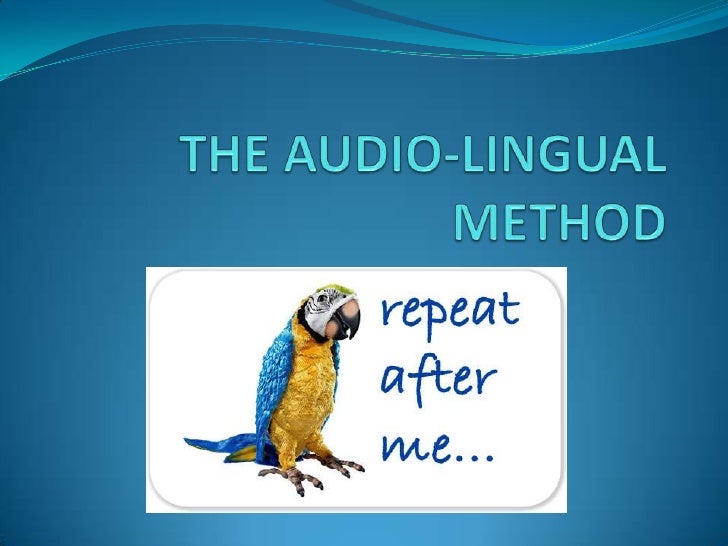This lesson plan had been designed for the Newcomers in
a government funded school, intermediate level classroom in Winnipeg. Their main
goal is to be comfortable with grammar. This class mainly occurs on Mondays and
Wednesdays the timings for this class are from 7-9 pm (2 hrs long).
This plan particularly is based on the task-based method.
This plan will be focused on the students writing and speaking skills.
Resources- a picture of themselves from 10 years ago, Pen
and paper.
Overview- Everyone gets their photograph from 10 years
ago and they look at the differences in themselves from than to now.
Than everyone writes a short paper on themselves on
how they were before and how they are now including differences from than to
now and things which stayed the same from than to now. Than they will share
this short paper about them with the whole class or in groups of two this way
they are able to SPEAK comfortably in front of the class.
Prepare a written instruction of this activity
beforehand for the class distribution.
Warm-up activity
First the teacher can put up a picture of them self
and ask the students what differences they notice in you from 10 years ago to
now, don’t correct them just yet though. Let students allow to have a short
discussion as well if they want. (15 minutes)
Activity
Tell students to work in a short group of 3 or 4. Ask them
to discuss and write down their differences from 10 years to now and also put
some major questions on the board which they would have to answer on a piece of
paper.
·
How did you look like before?
·
Are you any different now, if so than how?
·
Did your hobbies change from than to now?
These questions will get students started in group conversation,
tell the students think about these questions discuss it with their group in
the mean time teacher can circulate around and listen to their conversation but
do not correct them just yet. (15 minutes)
Tell students to stop after 10-15 minutes inform them
to write down their discussion points into a short group summery they must work
together on this as a group. Tell students to be prepared to present this summery
orally to the class. (20 minutes)
When students are ready inform one spokesperson from
each of the group to stand up and present their group summery to the class. Tell
the rest of the class to listen to each of the group summery very carefully and
decide at end of all group summery that who has changed the most over 10 years
of time-period. Whoever that would be tell them to show their picture or say how
they are so different now. (20 minutes)
Put your photo back of the board and inform the
students that you will be doing the same activity and telling them how you have
changed from than to now and ask the students some questions like what did I say
about my hair, what did I say about my glasses and so on. And if they find it
hard to understand than read the text again. (15 minutes)
Than choose 2-3 points from your description from than
to now and add used-to to it, so like
I used to wear glasses than.
I used to have black long hair back than.
I didn’t used to do my homework.
Check students understanding on each of these sentences.
(15 minutes)
Explain where we use used-to in English. Tell them
that in English language we use used-to when describing their past habits or
so.
Than lastly, write some used-to sentences on board and
tell students to write a few hobbies of them which they used-to have once they
are all done than tell students to check their sentences with one another. (20
minutes)


/Grammar-definition-5900f6385f9b5810dc33ab6e.jpg)

